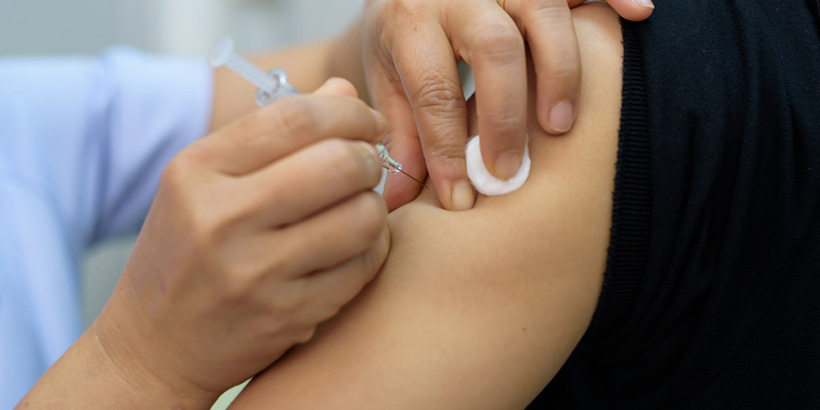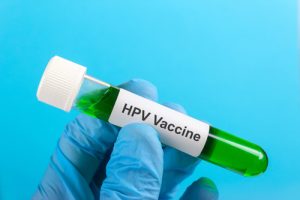The human papillomavirus (HPV) is the most common sexually transmitted disease. It causes genital warts – and some types of the virus increase the risk of cervical cancer in women. Because of the cervical cancer link, much of the focus has been on HPV testing for women – but it is important to keep in mind that men can get HPV too. According to a recent study published in the esteemed medical journal Lancet, up to half of all men are infected with the HPV virus.

An Underappreciated Problem
When researchers tested 1,100 men from the United States, Brazil and Mexico for HPV every 6 months for 2 years, they found a full 50% of them were infected with one of the more than 40 types of HPV infection. Men with this virus may have few symptoms and many aren’t even aware they have it. Despite the lack of symptoms, they can still easily transmit the infection through sexual contact.
According to the Center for Disease Control, around 20 million Americans are already infected with the HPV virus and another 6 million contract the virus every year. Not only does the HPV virus cause genital warts, it’s linked to cervical cancer in women and other types of cancer in both men and women, including cancers of the vagina, penis, vulva, anus and, rarely, cancers of the head and neck.
Should Men Get Vaccinated?

The Center for Disease Control recommends that girls between the ages of 11 and 12 get the Gardasil vaccine against HPV genital warts – and they recently approved the vaccine for men and boys between the ages of 9 and 26. Some experts believe all boys should get this vaccine before they become sexually active to stop the spread of this easily transmitted virus. This may reduce the incidence of HPV-related cervical cancer in women and protect men against HPV-related cancers of the penis and anus.
Bottom Line
HPV in men is surprisingly common and infected men can be completely symptom-free and still transmit the virus to their sexual partner. The best way to prevent the spread of HPV is to be monogamous, but not all men or women have only one sexual partner over a lifetime, which is why both males and females should consider the HPV vaccine.
